Summary | Excerpt | Reviews | Beyond the book | Read-Alikes | Genres & Themes | Author Bio
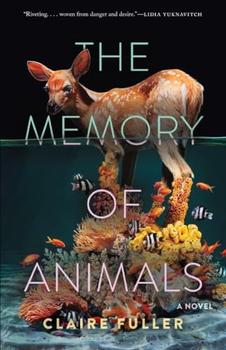
From the award-winning author of Our Endless Numbered Days, Swimming Lessons, Bitter Orange, and Unsettled Ground comes a beautiful and searing novel of memory, love, survival—and octopuses.
In the face of a pandemic, an unprepared world scrambles to escape the mysterious disease causing sensory damage, nerve loss, and, in most cases, death. Neffy, a disgraced and desperately indebted twenty-seven-year-old marine biologist, registers for an experimental vaccine trial in London—perhaps humanity's last hope for a cure. Though isolated from the chaos outside, she and the other volunteers—Rachel, Leon, Yahiko, and Piper—cannot hide from the mistakes that led them there.
As London descends into chaos outside the hospital windows, Neffy befriends Leon, who before the pandemic had been working on a controversial technology that allows users to revisit their memories. She withdraws into projections of her past—a childhood bisected by divorce, a recent love affair, her obsessive research with octopuses, and the one mistake that ended her career. The lines between past, present, and future begin to blur, and Neffy is left with defining questions: Who can she trust? Why can't she forgive herself? How should she live, if she survives?
Claire Fuller's The Memory of Animals is an ambitious, deeply imagined work of survival and suspense, grief and hope, consequences and connectedness that asks what truly defines us—and to what lengths we will go to rescue ourselves and those we love.
Though the novel very much stands on its own merits, parallels with the Covid pandemic are impossible to ignore. Mention of lockdowns, self-isolation and vaccine trials make the narrative feel just familiar enough for the more exaggerated story elements to seem frighteningly plausible. In this regard, it was also a clever choice by author Claire Fuller to keep the scope of the novel relatively small. Though her characters' situation is extreme and this heightens the drama, their confinement to a single location means the sense of monotony, loneliness, claustrophobia and fear of the outside ring true with many of our own experiences of living through the worst stages of a pandemic...continued
Full Review
(543 words)
This review is available to non-members for a limited time. For full access,
become a member today.
(Reviewed by Callum McLaughlin).
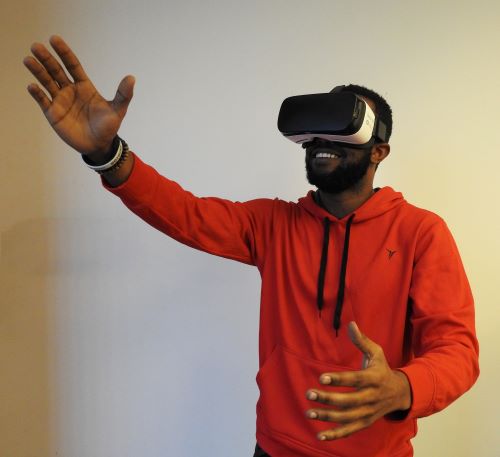 In her novel The Memory of Animals, author Claire Fuller features the use of a fictional device that allows people to revisit memories in vivid detail, as though physically embodying their past selves. Though this may sound like a radical concept existing firmly within the realms of science fiction, the use of technology to document memories — and in some cases even alter them — is, in a way, already very much a reality.
In her novel The Memory of Animals, author Claire Fuller features the use of a fictional device that allows people to revisit memories in vivid detail, as though physically embodying their past selves. Though this may sound like a radical concept existing firmly within the realms of science fiction, the use of technology to document memories — and in some cases even alter them — is, in a way, already very much a reality.
Wist is an app currently in its beta stage that can transform videos you have recorded on your phone into immersive experiences. By capturing and upscaling data related to color, depth and audio, the app can transform your footage from flat 2D visuals into 3D projections. Through the use of a virtual ...
This "beyond the book" feature is available to non-members for a limited time. Join today for full access.

If you liked The Memory of Animals, try these:

by Nicola Yoon
Published 2024
Thrilling with insightful social commentary, One of Our Kind explores the ways in which freedom is complicated by the presumptions we make about ourselves and each other.
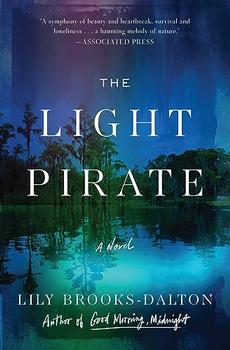
by Lily Brooks-Dalton
Published 2024
For readers of Station Eleven and Where the Crawdads Sing comes a hopeful, sweeping story of survival and resilience spanning one extraordinary woman's lifetime as she navigates the uncertainty, brutality, and arresting beauty of a rapidly changing world.


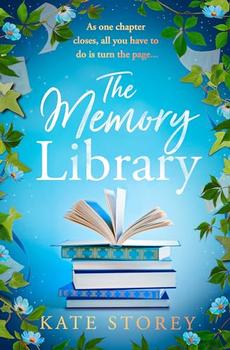
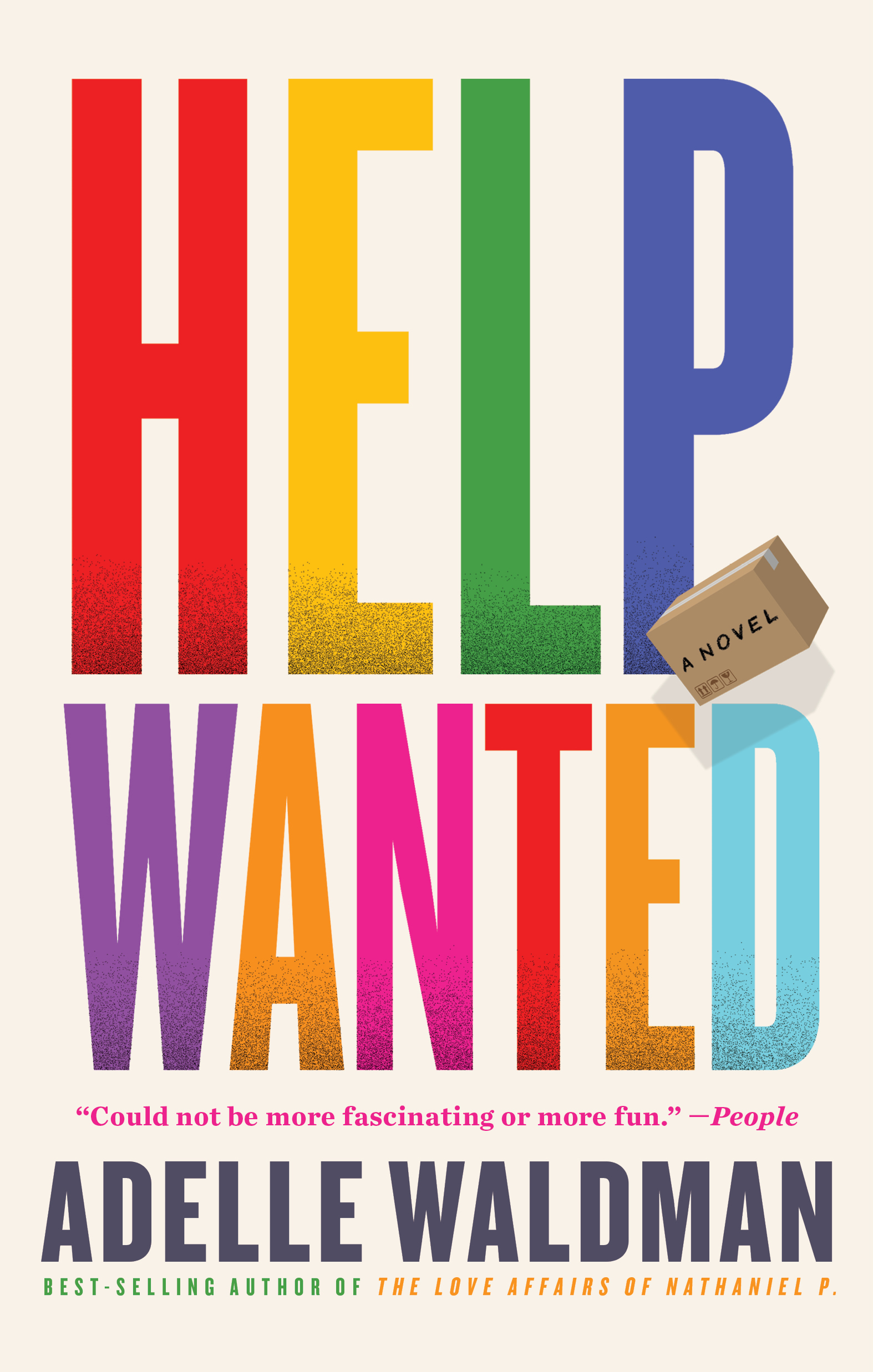
Help Wanted by Adelle Waldman
From the best-selling author of The Love Affairs of Nathaniel P. comes a funny, eye-opening tale of work in contemporary America.

The Secret History of the Rape Kit
by Pagan Kennedy
The story of the woman who kicked off a feminist revolution in forensics, and then vanished into obscurity.
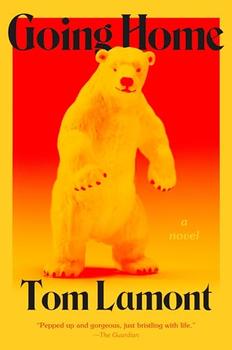
Going Home
by Tom Lamont
Going Home is a sparkling, funny, bighearted story of family and what happens when three men take charge of a toddler following an unexpected loss.